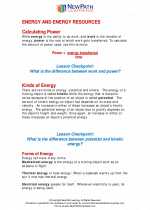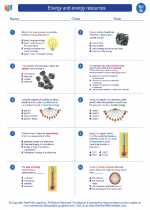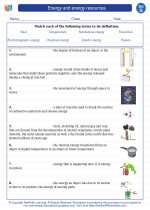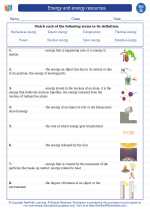Solid Waste: Definition and Types
Solid waste refers to any discarded or abandoned materials, often generated from human activities. These materials can be categorized into several types:
- Municipal Solid Waste (MSW): This includes everyday items such as packaging, food scraps, and yard waste generated by households and businesses.
- Industrial Solid Waste: Generated from manufacturing and industrial processes, including scraps, chemicals, and other by-products.
- Construction and Demolition Debris: Waste produced from construction and demolition activities, including concrete, wood, and metals.
- Hazardous Waste: Materials that pose a potential threat to human health or the environment, such as batteries, electronics, and certain chemicals.
Effects of Improper Solid Waste Management
Improper management of solid waste can lead to various environmental and health issues, including:
- Pollution: Inadequate disposal of solid waste can contaminate soil, water, and air, leading to environmental degradation.
- Health Risks: Accumulation of waste can attract pests and disease vectors, posing health risks to humans and animals.
- Resource Depletion: Inefficient waste management contributes to the loss of valuable resources that could be recycled or reused.
Sustainable Solid Waste Management Practices
To address the challenges associated with solid waste, sustainable management practices are essential. These may include:
- Source Reduction: Minimizing waste generation through strategies such as product redesign and packaging reduction.
- Recycling: Sorting and processing materials to create new products, conserving resources and reducing landfill waste.
- Composting: Turning organic waste into nutrient-rich compost for soil enrichment and landscaping purposes.
- Waste-to-Energy: Utilizing waste as a resource for energy generation through technologies such as incineration and anaerobic digestion.
- Proper Disposal: Ensuring safe and environmentally responsible disposal of non-recyclable and hazardous waste.
Study Guide Questions
- What are the main types of solid waste, and how do they differ from one another?
- Discuss the potential environmental and health impacts of improper solid waste management.
- Explain the concept of "reduce, reuse, recycle" in the context of sustainable solid waste management.
- Compare and contrast the advantages and disadvantages of landfill disposal versus waste-to-energy technologies.
- Identify and describe a specific example of a successful solid waste management program implemented in a community or region.






